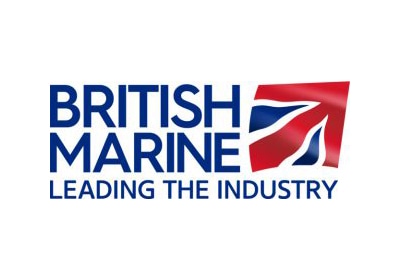BM Brexit Blog – are marine manufacturing job losses expected?

British Marine’s Brexit policy lead, Andrew Harries, considers what impact the Brexit negotiations are having on jobs in the marine manufacturing sector.
I was reading an article published in The Guardian which reported that more than a fifth of manufacturing firms are planning to lay off workers to cope with the costs of Brexit. This was based on data released by the Chartered Institute of Procurement and Supply. Manufacturing makes up a healthy proportion of the UK marine industry’s £3.2bn turnover, so if this impact is being experienced by our members, that is a real concern.
However, British Marine’s own data suggests only a tiny percentage of marine manufacturers (about 2%) were expecting to reduce their workforce (between November 2017 and June 2018) when asked in our last industry trends survey. The majority (70%) expect no changes to their workforce.
About 55% of manufacturers said they would be looking to increase prices at or above the rate of inflation, which is actually a decrease on previous surveys and about average for the 2015 to 2017 period. (If you look pre-EU Referendum then the average was about 40-45%.)
If you look across all companies which responded (about 300 in total), not just manufacturers, we also see a more positive sentiment to that quoted by The Guardian – only about 5% are expecting to reduce their workforce over the next 6 months, although a much greater number (66%) are expecting to pass increased costs onto consumers.
It is our opinion that the difference in figures reflects the difference in types of industries, markets and the reliance on the EU for large industrial contracts among more industrial manufacturers. These other companies will form part of an integrated continental industrial supply chain in a way that the leisure marine/small commercial marine industry does not, since it operates at a much smaller scale. And since the majority of businesses in the marine industry are smaller, costs will get passed onto the consumer more quickly, which would explain the larger proportion looking to raise prices over the next 6 months.
Exporters are reporting a real boom in business on the back of Brexit negotiations, while importers have seen costs rise, so it remains a bit of a see-saw impact. But, overall, the UK marine industry is proving quite resilient to the economic uncertainty caused by the negotiations, compared with other manufacturing sectors, which definitely gives us cause for optimism.
British Marine members can find out more about the organisation’s work from the Brexit pages (member log-in required) on the British Marine website. Members may also contact Andrew to discuss their questions/concerns by emailing aharries@britishmarine.co.uk
This story is from British Marine.










